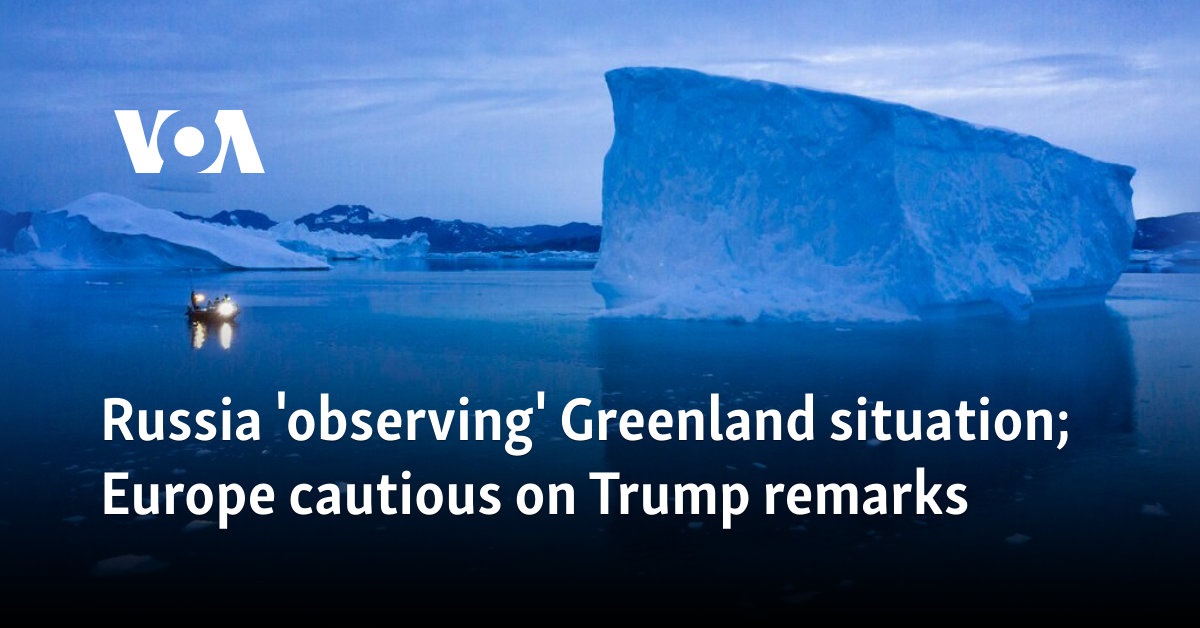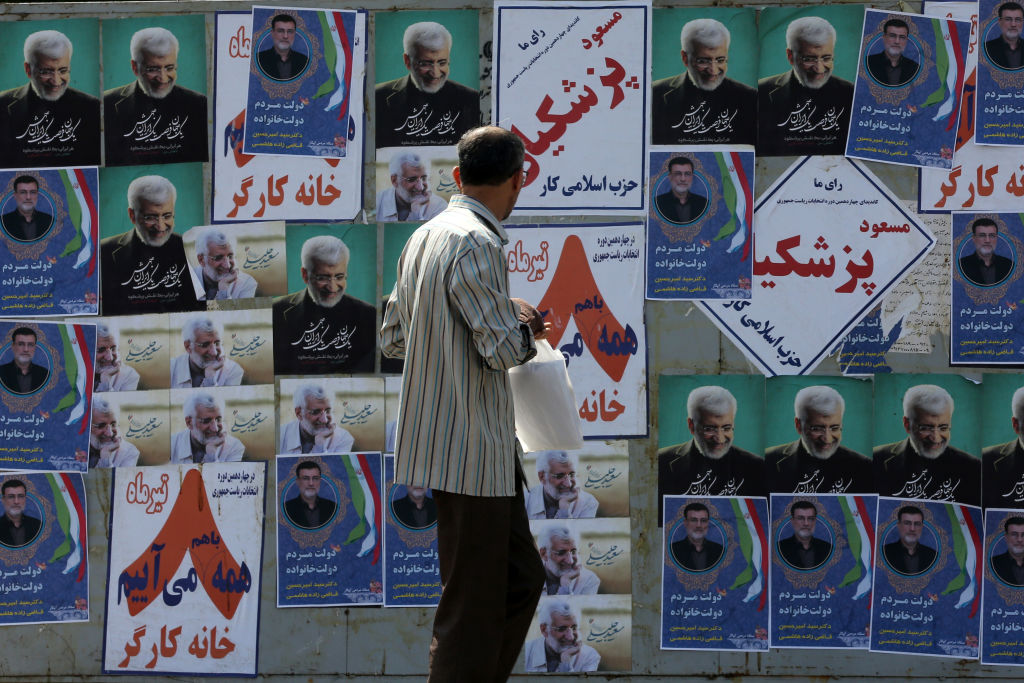The first week of the new year has been cold in Moldova. Temperatures at night have dropped to around freezing. When the sun shines during the day, they rise a little.
On January 7, pensioner Gheorghe Colun and his wife prepared a traditional Christmas dinner of stuffed cabbage. Christmas in the predominantly Christian Orthodox Republic of Moldova is celebrated on January 6 and 7 according to the old Julian calendar.
This year, the couple will be cooking on a wood-burning stove because Russia halted gas deliveries to Moldova on January 1.
Moldova: village life without Russian gas
"See? We have no gas. We have light, but no gas," says Gheorghe Colun, turning the knobs on his gas range. "We can't even boil water for tea!"
Transnistria reliant on Russian gas
The Coluns live in a little house in the village of Cocieri on the banks of the Dniester River in the thin sliver of land known as Transnistria. This separatist region, which is sandwiched between the Dniester River and the Ukrainian border, is ruled by a Moscow-backed breakaway government and is effectively controlled by Russia.
Although Cocieri is situated in Transnistria, it is part of an enclave that is actually administered by the Moldovan authorities. Nevertheless, it is still connected to the old Russian gas supply infrastructure dating from the period when Moldova was part of the Soviet Union.
Since the start of the full-scale war in Ukraine in 2022, Moldova has been importing gas from the European market instead of from Russia. Transnistria, however, was still supplied with Russian gas.
"The gas was switched off at 9 a.m. on January 1," says Gheorghe Colun. "I switched off the gas central heating. What the Russians are doing is terror. That's the way they are. They can't cope with the civilized world."
Colun knew that the region would stop getting gas from Russia on New Year's Day because that was the day the agreements governing gas transit via Ukraine between the Russian state-owned company Gazprom and Ukraine expired. Since then, Russia has stopped supplying Transnistria with gas.
He prepared for the change by buying in firewood early. Before the gas stopped coming, he — like all inhabitants of Transnistria — paid a symbolic price for Russian gas. He knows that whenever the crisis ends, people will not be in a position to pay the higher prices that are sure to follow.
Humanitarian crisis
Colun told DW that people in the villages are burning coal and firewood to get by. But he knows from friends who live in the towns and cities of Transnistria that the situation there is dramatic: They tell him that people cannot heat their homes and they have no gas for cooking.
 Colun bought in enough firewood to get through the winterImage: Simion Ciochina/DW
Colun bought in enough firewood to get through the winterImage: Simion Ciochina/DWSince Russia turned off the gas taps, Transnistria has been facing both an energy and a humanitarian crisis. The central heating supply has been switched off; several factories have closed; schools and universities have switched to online tuition; thousands of people are not in work.
Videos on social media illustrate how people are struggling to cope with the cold. In the city of Dubasari, for example, which has a lot of high-rise buildings, people don't have central heating. Many bought electric heaters to keep warm, but because the system is struggling to meet the increased demand for electricity, the electric heaters are of very little use.
Indeed, the situation is so critical that the authorities in Tiraspol, the capital of Transnistria, have switched off the power temporarily on a number of occasions. At the moment, power cuts can last up to eight hours a day.
Chisinau willing to help
Nevertheless, the wave of migration westwards across the Dniester River anticipated by the authorities in Chisinau has not yet materialized. Most people in Transnistria are enduring the cold — largely without complaint — despite the fact that the situation is deteriorating by the day.
 The village of Cocieri is situated in Transnistria but is actually part of an enclave run by the Moldovan authoritiesImage: Simion Ciochina/DW
The village of Cocieri is situated in Transnistria but is actually part of an enclave run by the Moldovan authoritiesImage: Simion Ciochina/DWThe Moldovan authorities have declared themselves willing to supply people in the separatist region of Transnistria with food and medicine if things continue to get worse. The government in Tiraspol, however, claims that it has received no such offer from Chisinau.
In fact, Tiraspol is blaming the current situation on the government in Chisinau, which it says caused the energy crisis by "consciously ignoring numerous problems in the relationship with Gazprom."
An opportunity to solve the Transnistria crisis?
Moldovan energy expert Sergiu Tofilat believes that the current crisis could be an opportunity to resolve the Transnistria conflict.
 Moldovan energy expert Sergiu Tofilat believes that the current crisis could be an opportunity to resolve the Transnistria conflictImage: Simion Ciochina/DW
Moldovan energy expert Sergiu Tofilat believes that the current crisis could be an opportunity to resolve the Transnistria conflictImage: Simion Ciochina/DW"According to the contract with Gazprom, Russia is obliged to bring gas to the border with the Republic of Moldova," Tofilat told DW. "There is the alternative of transporting gas via Turkey instead of via Ukraine. But the fact is that Putin has decided to let Transnistria freeze in order to increase the pressure on Chisinau and Kyiv. Putin wants to continue the gas transit via Ukraine because he would otherwise lose $6.5 billion [€6.3 billion] a year. He needs the money to finance the war in Ukraine."
Gheorghe Colun has had to get used to the war in neighboring Ukraine and the associated risks for his family. Because of both the current situation and the ongoing crises where he lives, he took careful precautions. For this year, at least, he has enough firewood. What happens after that, he cannot say.
People in Cocieri live for the moment. And so, too, do the Coluns. On the day they spoke to DW, they were focused on the impending arrival of their grandchildren, who were visiting them to celebrate Orthodox Christmas, and the hot Christmas dinner they would enjoy together.
This article was originally published in German.

 By Deutsche Welle (Europe) | Created at 2025-01-09 17:07:12 | Updated at 2025-01-10 03:21:52
10 hours ago
By Deutsche Welle (Europe) | Created at 2025-01-09 17:07:12 | Updated at 2025-01-10 03:21:52
10 hours ago








